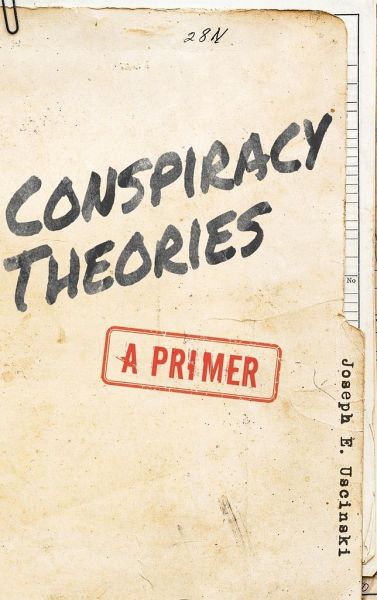
Conspiracy Theories
A Primer
Versandkostenfrei!
Versandfertig in über 4 Wochen
61,99 €
inkl. MwSt.

PAYBACK Punkte
31 °P sammeln!
While engaging in rich discussion, Conspiracy Theories analyzes current arguments and evidence while providing real-world examples so students can contextualize and visualize the debates. Each chapter addresses important current questions, provides conceptual tools, defines important terms, and introduces the appropriate methods of analysis.












